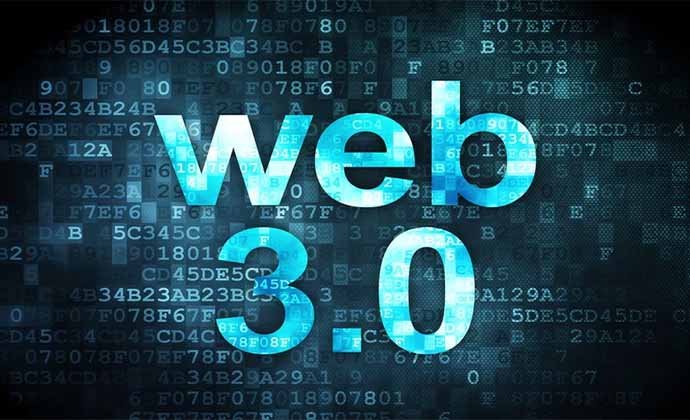
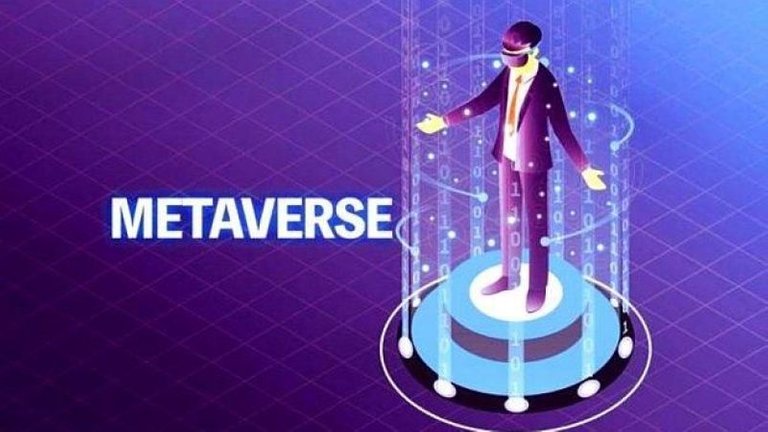
Have you heard of a thing called Web 3.0, a trend that has started to be talked about again in the technology world especially in recent years. I say this trend again because
I heard it back in 2004, for the first time in those years, we were saying that we would process the transition to Web 2.0 to our bones and start preparing this Web 3.0 as soon as possible, but somehow that radical change did not happen.
Just as we started to think that there would be no such thing as a 3.0 revolution and the Internet would undergo a slow evolution, a technology that created a Paradigm Change in the financial world brought this issue back to the agenda.
Can the blockchain technology that cryptocurrencies like Bitcoin Ethereum depend on completely change the internet? Can Web 2.0 level up and make Web 3.0?
These are not simple or meaningless questions because if this change takes place, it will not only be limited to the internet, but will cross paths with concepts such as the metaverse, after all, the World Wide Web means the network that surrounds the world, shall I show you the place where this definition was first made?
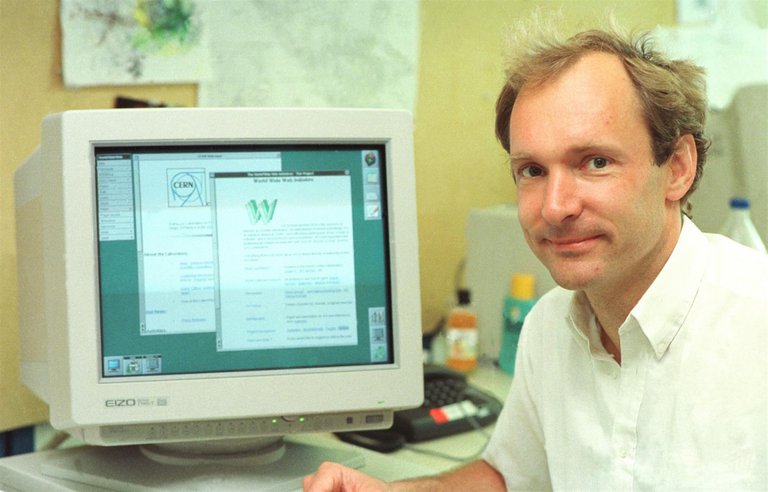
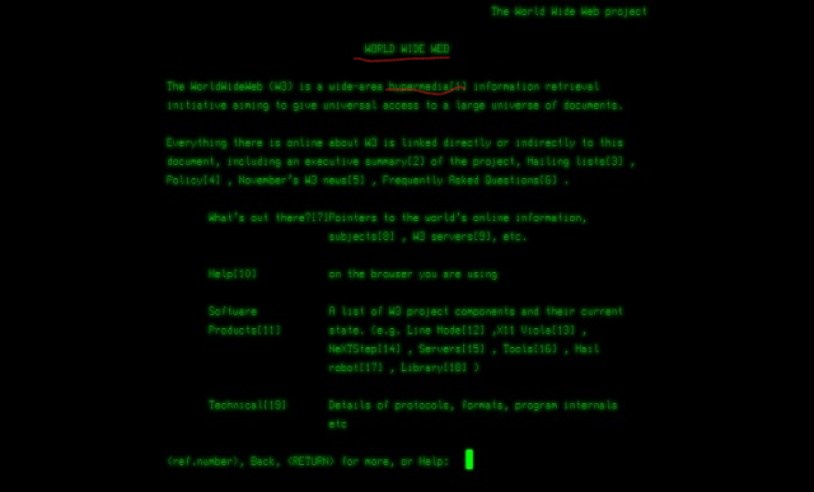
Tim Berners Lee, who works at the CERN laboratory in Switzerland
This screen on your computer is the world's first web page. Two important points draw our attention on this page.
First of all, of course, the first time the words World Wide web are written down shows us a vision
It may seem very simple at first glance, there is a word called hypermedia and the method of the subject is shown.
The internet will consist of information connected to each other by links.
The very simple connection concept is at the core of Web 1.0
Until then, information created on individual computers that were disconnected from each other was connected to each other Web 1.0 Of course, it was very important but insufficient. There were not many content producers at that time, few people
there were static pages it created
People who connect to the Internet were looking at these pages, mostly reading, consuming.
Web 2.0 has begun to be spoken in such a low voice
Web 2.0 has made it easier for people who enter the Internet to start producing content, not just Consuming.
The websites we used with Web 1.0 disappeared with Web 2.0, and innovative websites that were more dynamic appeared in their place.
This change accelerated in 2004 because not only computers but also mobile devices started to connect to the internet.
So writing and producing content became easier.
websites,
began to feed on user-generated content
As a world giant today
internet brands we hear
Almost all
during the transition from web 1.0 to web 2.0
was born and developed rapidly.
Google Facebook Twitter Linkedin
YouTube All
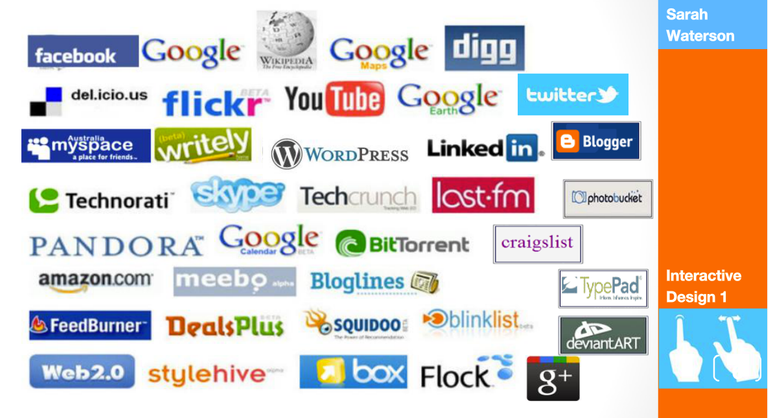
Most of the brands that could not make this transition have disappeared.
Here's This Exciting Wind of Change
We started to wait for the Web 3.0 revolution on the horizon.
We were ready to surf the waves she would make
The inventor of the web, Tim Berners Lee, was waiting for this wave.
Tim Berners Lee, the inventor of the web, was waiting for this wave. he called it the semantic web
However, this transition never took place, many reasons can be given for this, but
Web 1.0 and Web 2.0 also had common ground, both needed a centralized structure
for example
If you made a website in Web 1.0, you must host it on a server, right?
You don't even need to make a website in Web 2.0, you can communicate with the whole world by opening an account on Facebook or Twitter.
So servers have been replaced by platforms, we need centralized structures and intermediaries in both worlds.
Well, what we call the internet is to connect two computers together, right?
Why can't I connect to my friend's computer without platform without agent
One of the things web 3.0 wants to achieve is to be able to connect to each other without the need for intermediary platforms.
To establish a decentralized internet with peer-to-peer communication
when you say web 3.0
Of course, what should come to mind
when you hear the word decentralized
very naturally Cryptocurrencies are coming
Because they are also digital currencies that can be transferred directly from user to user.
If this is possible, why can't we pass information from user to user?
Why do we need such things?
Because your knowledge has a monetary value, even your identity
How come companies that have become a giant company with the Web 2.0 revolution give you the services they offer for free?
Because the business model of those companies consists of storing your data, data mining, analyzing and selling.
They sell the content you produce your information, even your identity without your permission, I call it modern theft.
The time you spend on these platforms has a monetary value, after all, you invest your time, even if it is free to use.
The Internet has given us access to a wealth of information resources that we could not even imagine.
Platforms introduced us and even brought us together, but I wish it had stopped there.
Because not only did they fuse, these platforms realized that
I can make these people come to me and spend more time on my platform, I can adjust their feelings a little bit.
For example, I can add an innocent like button for this
There is no harm in these, of course, let's like and applaud each other
But human nature doesn't stop, people started bullshit to get more likes
now those who watch people who produce that nonsense started to come not because they like it, even because they are jealous.
Noticing these behavioral changes, some of the platforms discovered our anger
They started to highlight the content that people who polarized people said and shared.
Moreover, we have seen that Web 2.0 is actually a closed system, not an open system, by hiding the formulas she used while doing all these.
Web 2.0 was supposed to carry humanity into the future with big promises, but unfortunately it brought it back to the middle ages.
Internet conditions were supposed to equalize, there should be information democracy, data monarchies began to be established,
Let's say you have developed an application and you want to share it, you will first apply to the relevant monarchy, if it is accepted after review, you are expected to pay your taxes, not less than 30% after publication.
Of course, a price must be paid for a service rendered.
We have given these powers to companies that implement this data monarchy, often unknowingly.
The prominent web 3.0 trend is somehow
maybe things will change if he gets stronger
Because with Web 3.0 there can be information democracy
The applications we use in the Web 3.0 world are called Decentralized Applications
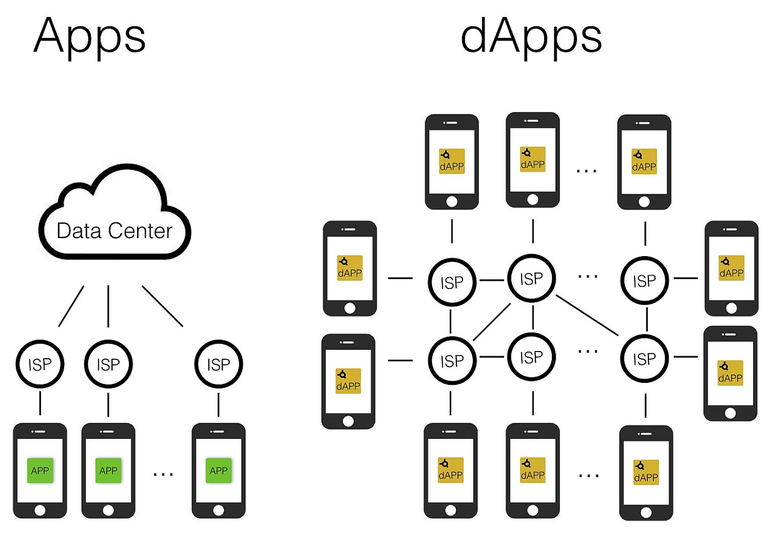
If I give an example of Web 3.0
It is recommended to use DApps that work with wallet logic instead of the browsers we use to browse the internet.
Thus, your every behavior and knowledge on the internet turns into a value.
While I accumulate these values, on the other hand, I can share it with those who deserve it through the activities I do. If I benefit from the content, I pay the producer directly instead of the intermediary. A concept called NFT has already emerged, thousands of Cryptocurrencies are ready for material exchanges, so blog chain-based technologies can inflate the sails of the web 3.0 ship, as I said, there is a metaverse relationship to the subject.
as a result
Metaverse and Web 3.0 I don't think they are two separate ways.
WEB 3.0 expresses the infrastructure of this work, the metaverse superstructure, the universes surrounding it, the user experience.
Just as mobile devices have accelerated the transition from web 1.0 to web 2.0, so can metaverse tools, namely virar helmets, or smart glasses and other wearable devices that are expected to become widespread soon, can facilitate the transition to web 3.0.
Many new startups have already been created for the Internet, and new ones continue to emerge every day.
I don't know if such a transition will be possible in the near future or if we will continue to talk about Web 3.0 in 10 years.
But I am excited that some of the principles that the blockchain has brought to our lives can be adapted to the internet as well.
these principles are an Open Source system, the information is classified semantically, that is, depending on the unit of meaning, its privacy is respected, a secure infrastructure is established, communication is carried out with verifiable methods
If these principles are supported by smart contracts and similar technical systems, data monarchies on the internet can be ended.
To be able to truly transform it into a democracy It may be possible, and then move on to the decentralized autonomous organization stage.
and after democracy in the real world Algorithm-powered algocracies may begin to emerge
A few steps have already been taken in this regard, and designs for some cities planned to be established in the real world have already emerged.
Anyway, back to our topic
hypermedia This connection concept, which seems to be a simple internet based on the links you know and use, has changed the way we first read and write information, the way we produce content, and of course the world.
If we want to switch to Web 3.0 we need to add a new word to this special word. Now this link alone is not enough, we must add the word Trust to it. In the future, the Internet should not just connect information and people, it should calm our anger and build mutual trust.
Congratulations @arslan43! You have completed the following achievement on the Hive blockchain and have been rewarded with new badge(s):
Your next target is to reach 300 upvotes.
You can view your badges on your board and compare yourself to others in the Ranking
If you no longer want to receive notifications, reply to this comment with the word
STOPCheck out the last post from @hivebuzz:
Support the HiveBuzz project. Vote for our proposal!